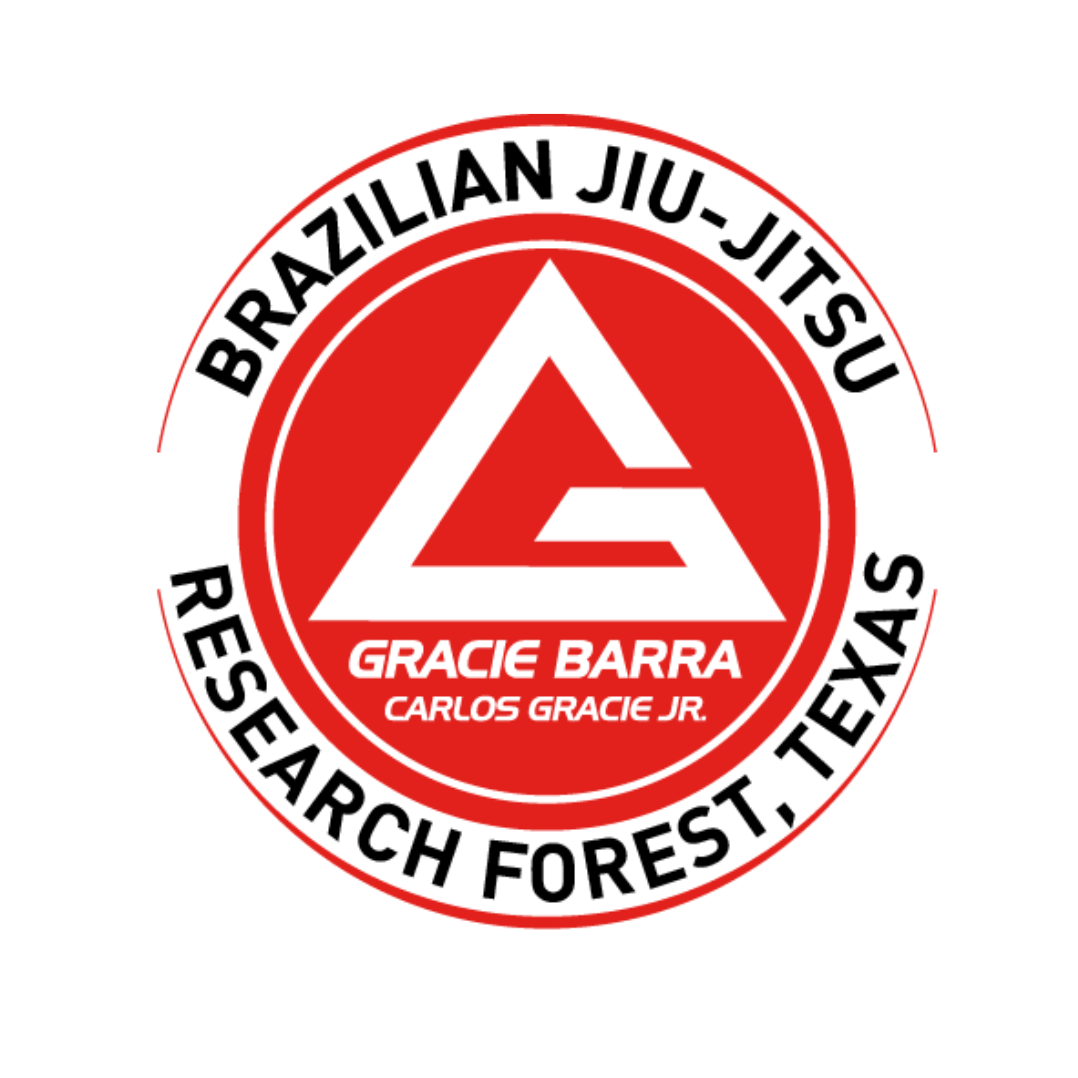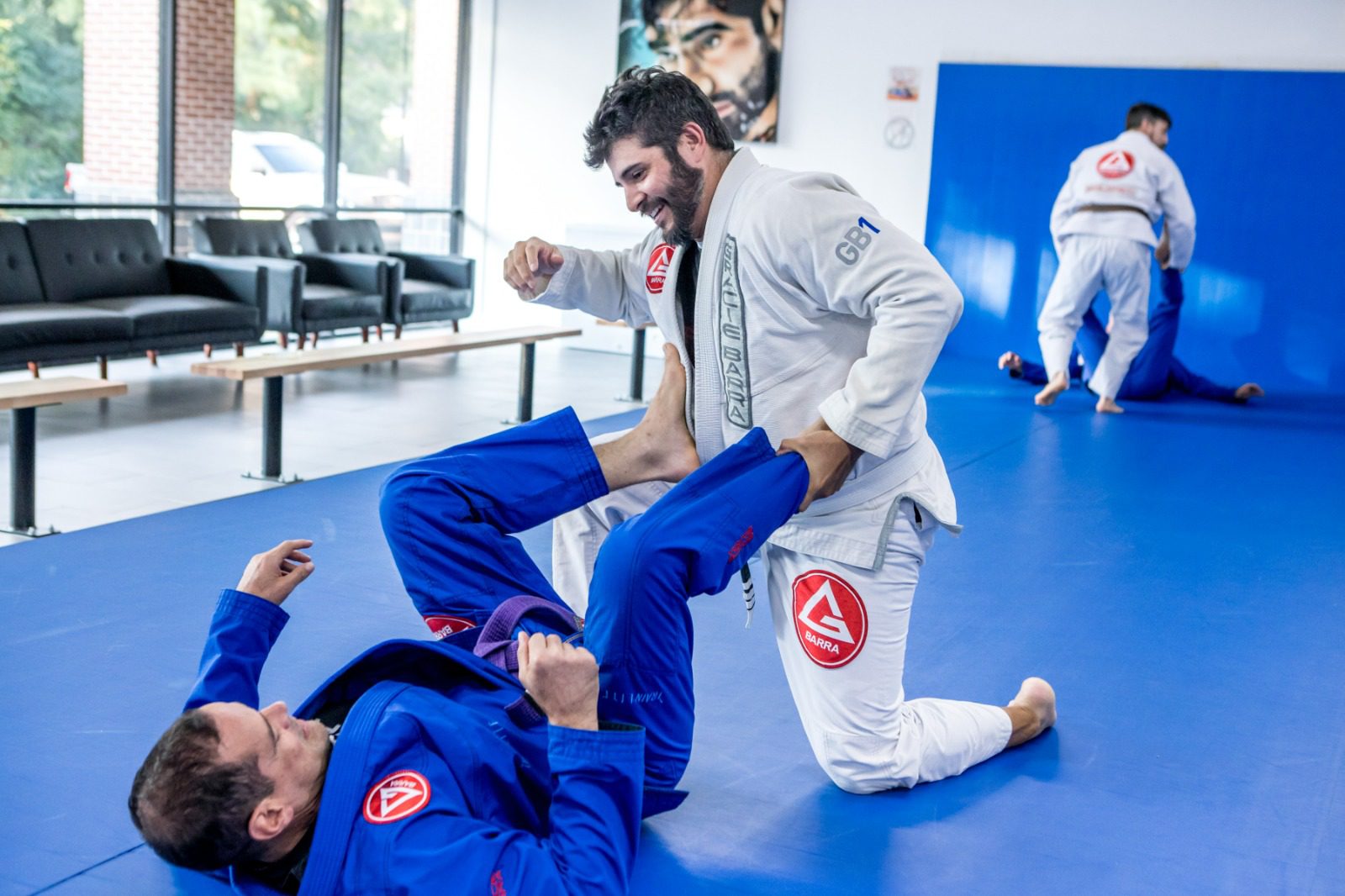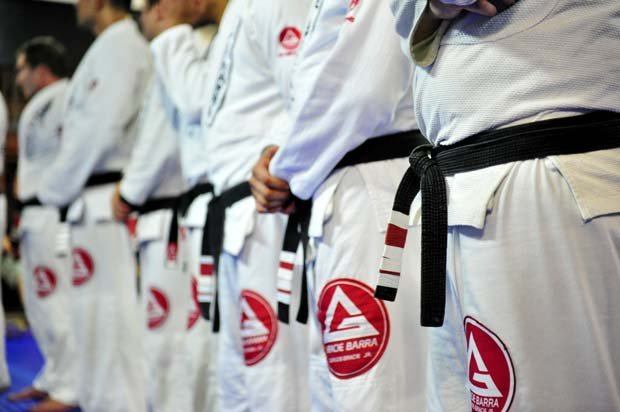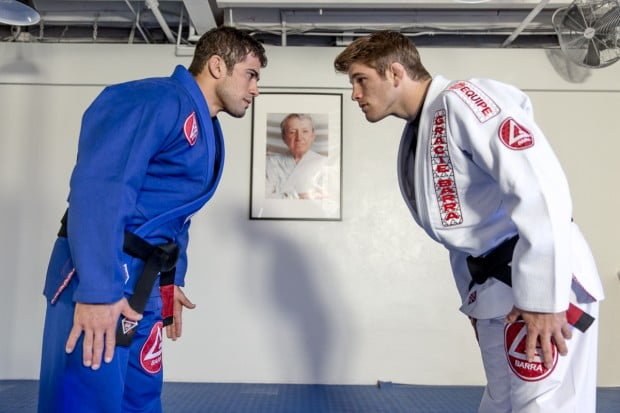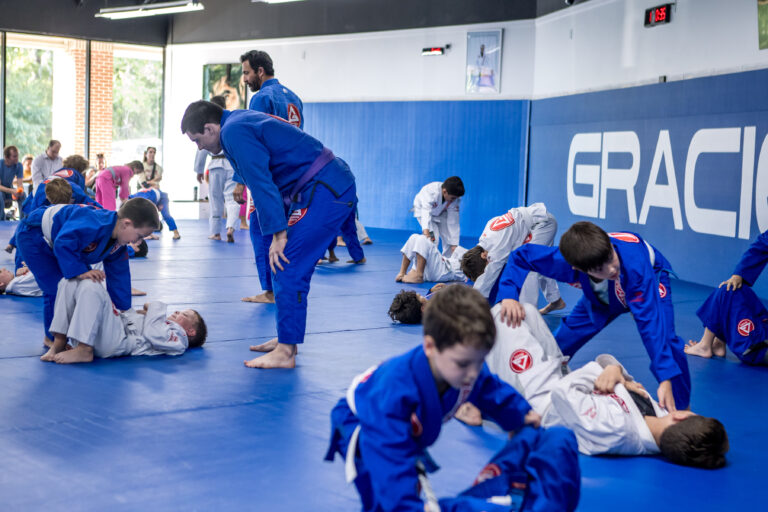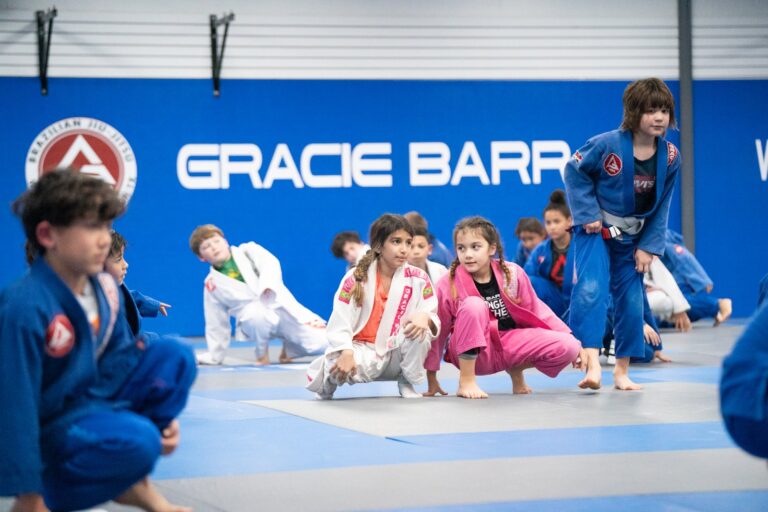Brazilian jiu-jitsu transcends physical barriers, providing a unique journey of mental development. In this article, we will explore how regular practice of Brazilian jiu-jitsu can stimulate cognitive development, promoting mental skills that go beyond techniques on the mat.

Focus and Concentration
Brazilian jiu-jitsu demands sharp focus and constant concentration during fights. This practice strengthens the ability to concentrate the mind on specific tasks, benefiting daily life and work.
Quick Decision-Making
Amidst fast movements and complex techniques, jiu-jitsu practitioners learn to make quick and effective decisions. This skill is transferred to everyday situations that require mental agility.
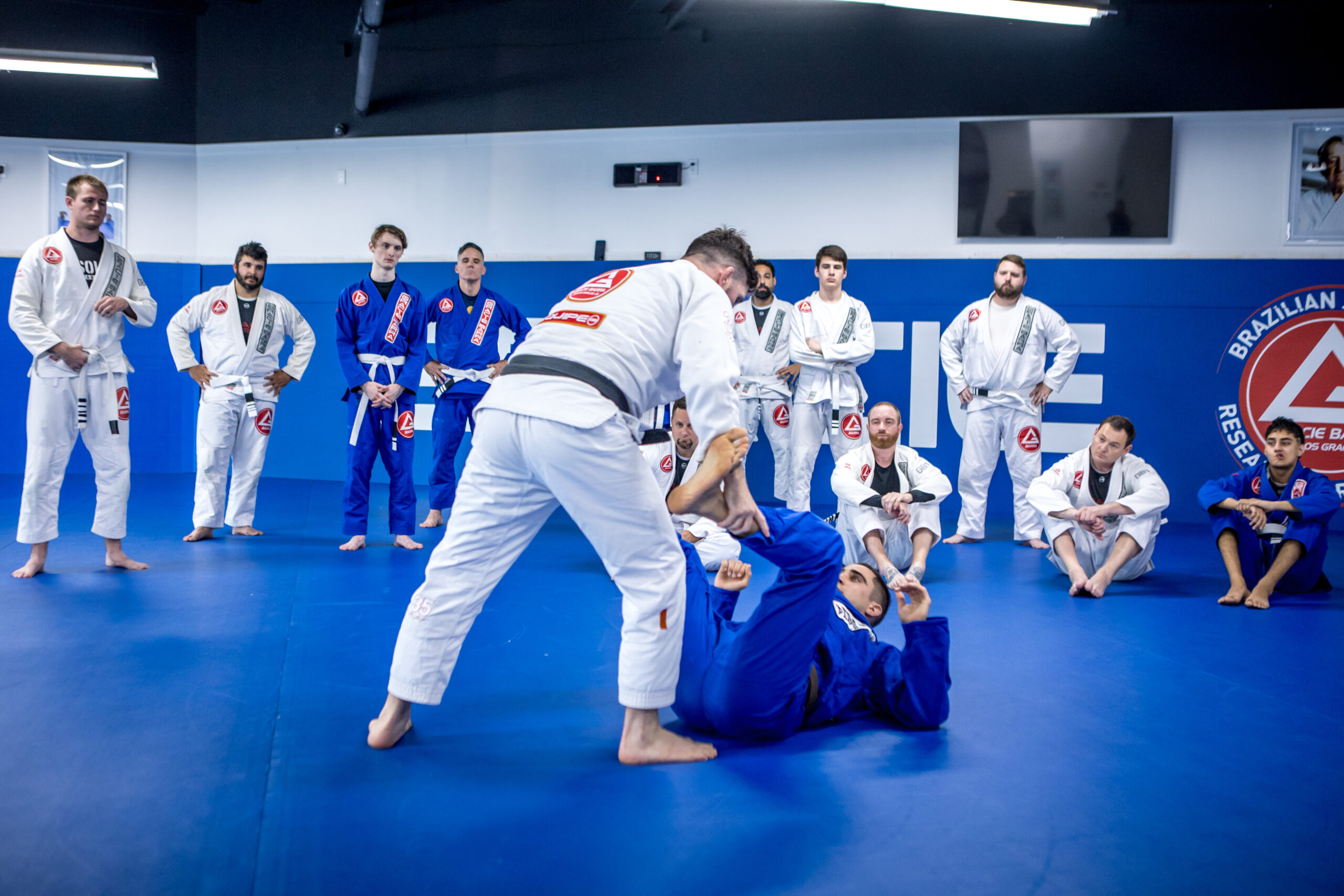
Real-Time Problem Solving
Each jiu-jitsu fight is a real-time problem-solving challenge. This skill is valuable not only on the mat but also in approaching challenges in various areas of life.
Continuous Learning
The complexity of jiu-jitsu techniques fosters a mindset of continuous learning. Practitioners develop a willingness to acquire new knowledge and adapt to different situations.
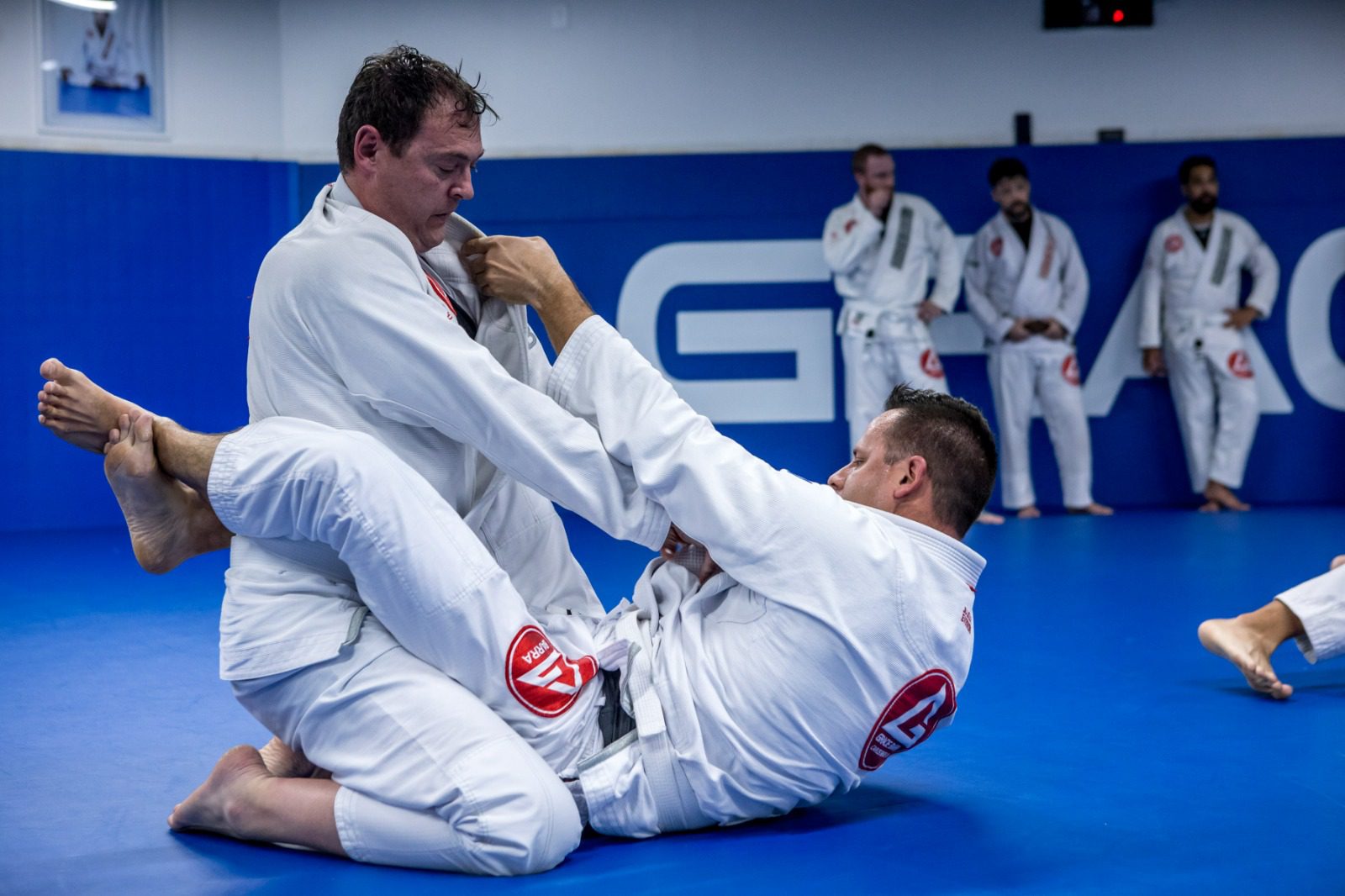
Emotional Control
Facing opponents in jiu-jitsu requires emotional control. Practitioners learn to deal with pressure and frustrations, promoting greater emotional stability in challenging situations.
Patience Development
Jiu-jitsu practice teaches the importance of patience. By facing resistant opponents and developing techniques over time, practitioners cultivate valuable patience in everyday life.
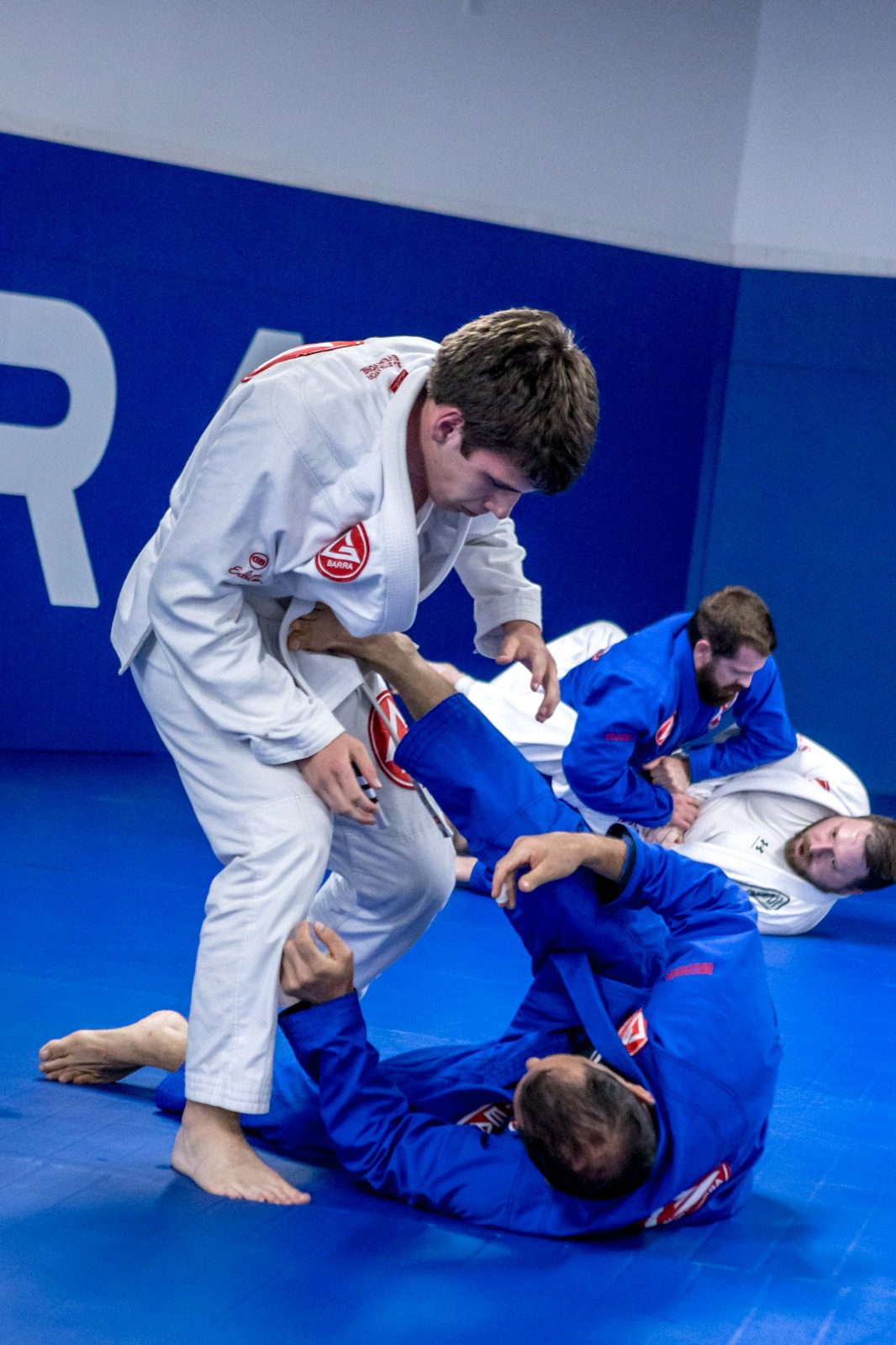
Strategies and Planning
Jiu-jitsu is a strategic game. Practitioners develop planning and strategy skills, learning to anticipate opponent movements and adapt their tactics accordingly.
Adaptation to Change
In a jiu-jitsu fight, circumstances can change rapidly. This dynamic teaches practitioners to adapt to unforeseen situations, strengthening the ability to face changes in life.
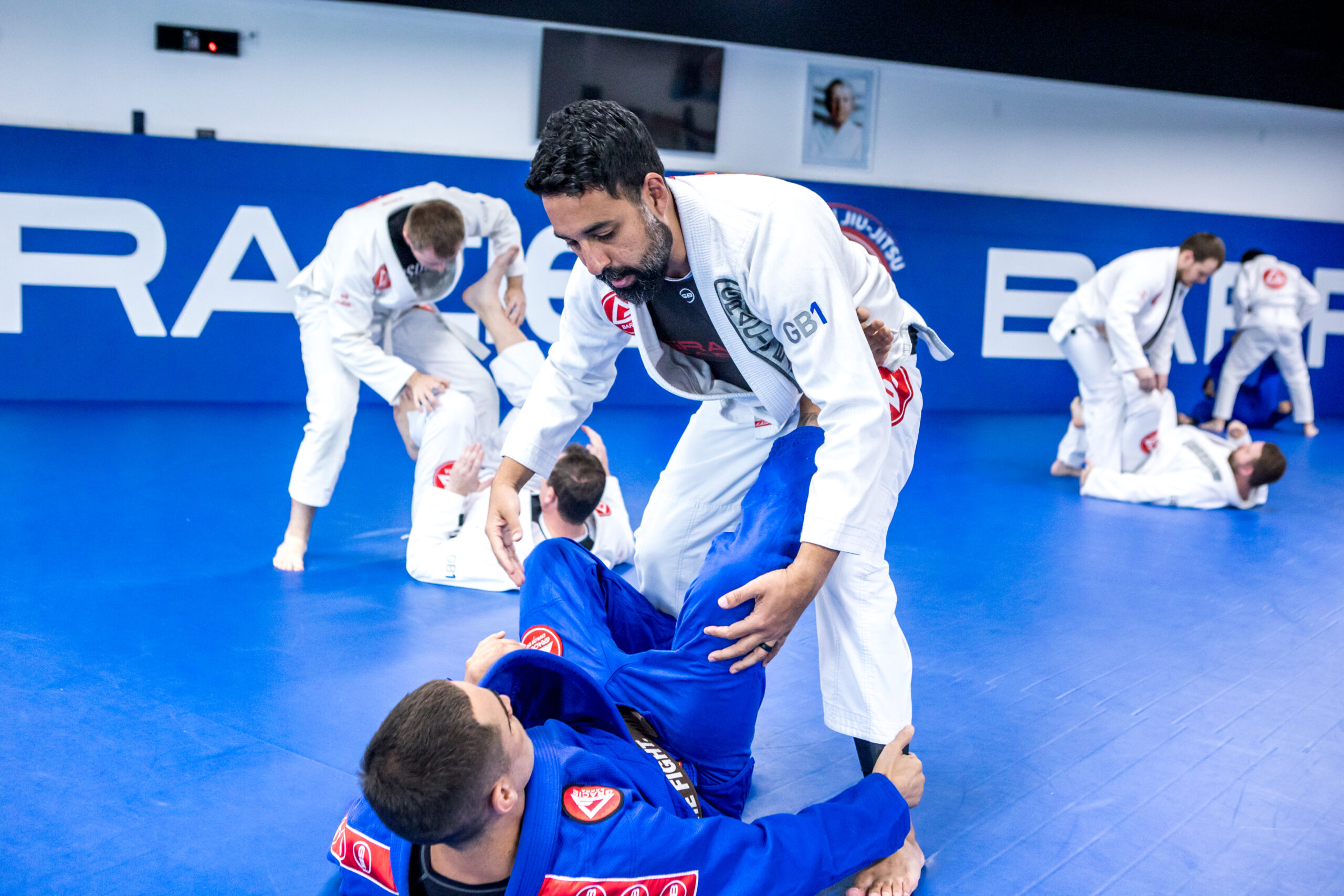
Self-Control and Moderation
Regular jiu-jitsu practice instigates self-control. Practitioners learn to moderate the intensity of their movements, reflecting this moderation in their daily attitudes.
Mental Resilience
Facing physical and technical challenges in jiu-jitsu develops mental resilience. The ability to recover from defeats and learn from them is transferred to other aspects of life.
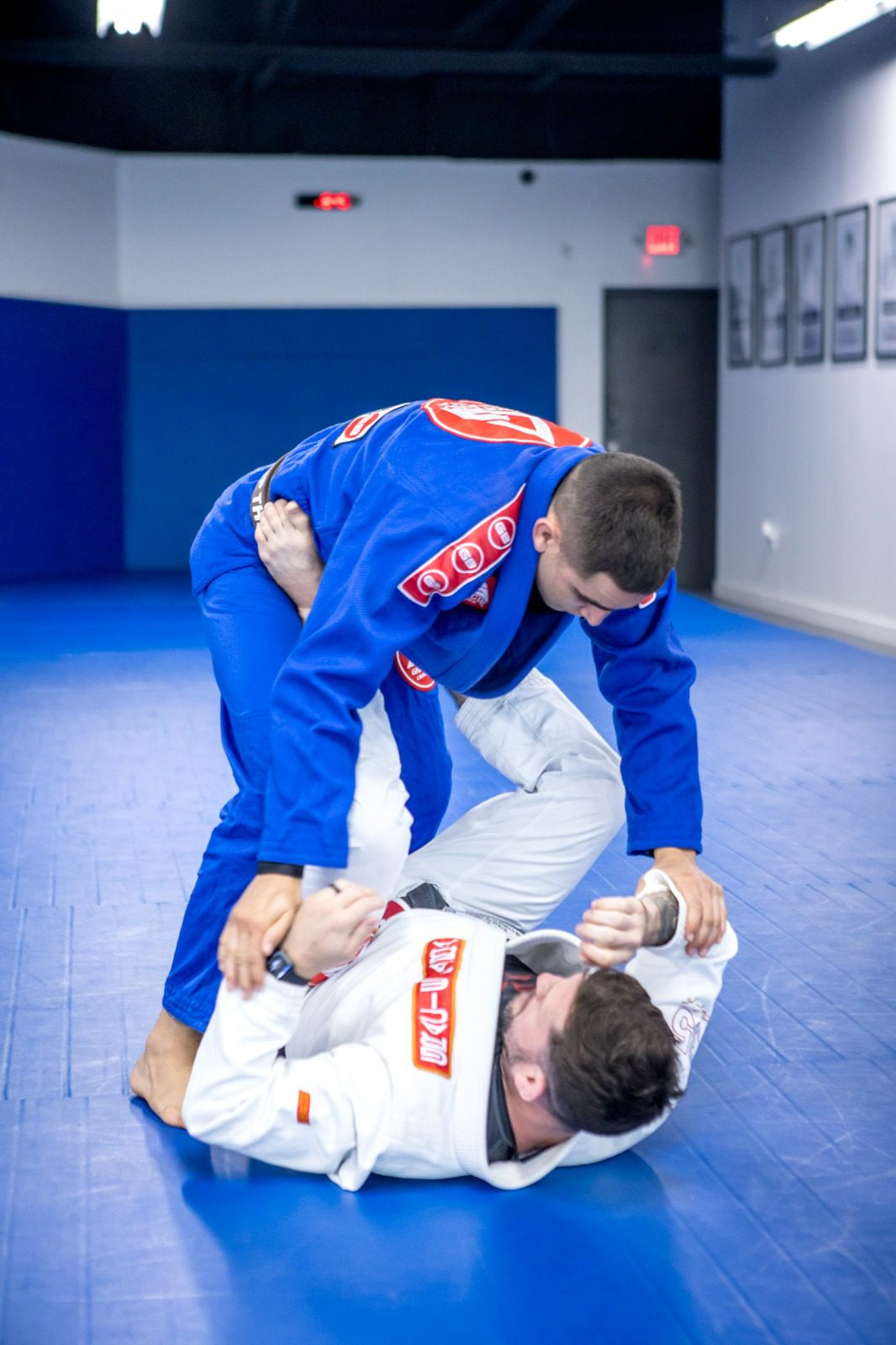
Confidence Development
As practitioners earn belts and enhance their skills, self-confidence strengthens. This confidence in their abilities positively reflects in their daily interactions and challenges.
Cultivation of Humility
Despite progress in jiu-jitsu, the journey is permeated with humility. Practitioners learn that there is always more to learn and cultivate valuable humility in approaching life.
In short:
Jiu-Jitsu not only enhances technical skills but also promotes holistic mental development. Strategy, decision-making under pressure, and emotional management are key aspects. Resolving constant challenges strengthens resilience, not only to improve performance in the sport but also to contribute significantly to personal growth. This comprehensive approach extends beyond the mat, positively impacting aspects of everyday life.
